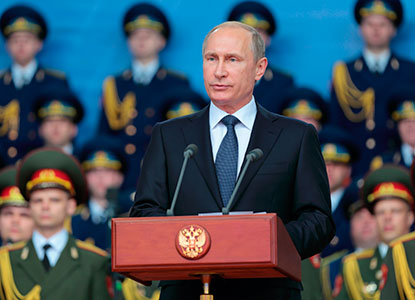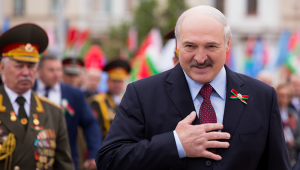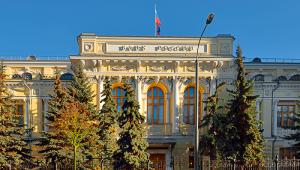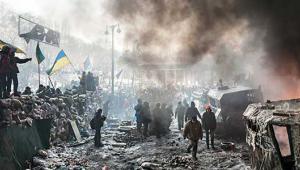vlad-putin-shutterstock_288985085.jpg

Russian president Vladimir Putin. Image © Shutterstock
Rating agency Fitch downgraded its rating of the government to C – the lowest notch above RD and D, which both signal a country is in fact in default – this week as the economic consequences of the war continue to bite.
“The C rating reflects Fitch’s view that a sovereign default is imminent,” the agency said. Analysts said developments in the past week have “further undermined Russia’s willingness to service government debt”.
These include a presidential decree that could force foreign-currency sovereign debt payments to be redenominated into local currency and a central bank regulation that restricts the transfer of local-currency bonds to non-residents.
“More generally, the further ratcheting up of sanctions, and proposals that could limit trade in energy, increase the probability of a policy response by Russia that includes at least selective non-payment of its sovereign debt obligations,” Fitch said.
World Bank chief economist Carmen Reinhart told news agency Reuters that both Russia and Belarus, which has also been targeted with sanctions for its role in helping the Russian military, are “mighty close” to default.
Russian president Vladimir Putin told a government meeting on Thursday that Russia would “overcome” the problem of sanctions.
“In the end, all this will lead to an increase in our independence, self-sufficiency and our sovereignty,” he said.
The European Central Bank scaled back its stimulus on Thursday, reducing its bond-buying programme, the end of which it said could herald interest rate increases.
It called the Russian invasion “a watershed for Europe”, and warned it has raised inflation expectations as a result of the conflict.
Kristalina Georgieva, managing director of the International Monetary Fund, whose executive board approved an emergency $1.4bn deal with Ukraine this week, said countries in the immediate vicinity, whose economies are closely tied to Russia and Ukraine or who are taking in large numbers of refugees, are feeling the brunt.
She told a broadcast roundtable discussion hosted by the fund that the war will also impact next month’s World Economic Outlook’s global growth projections.
“We got through a crisis like no other with the pandemic, and we are now in an even more shocking territory,” she said.













